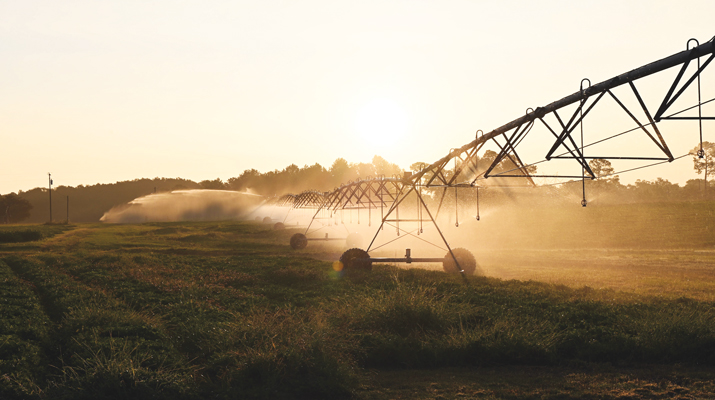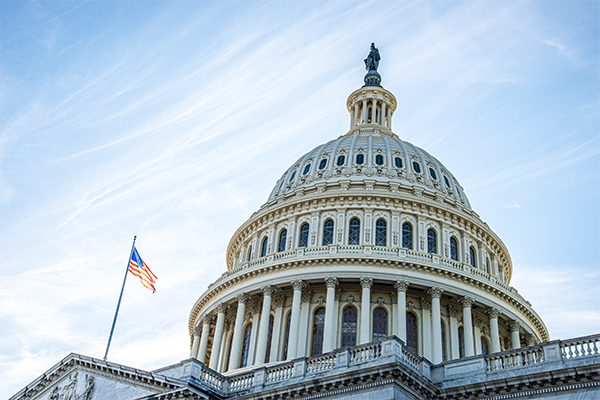NPGA, NYPGA, Mulhern Gas sue New York over gas ban
The National Propane Gas Association (NPGA), New York Propane Gas Association (NYPGA) and Mulhern Gas Co. are part of a coalition of businesses, trade associations and labor unions that filed a lawsuit in federal court in the Northern District of New York. The suit accuses New York state of violating federal law by banning gas appliances and infrastructure in most new buildings beginning Dec. 31, 2025.
“We work with the state associations and try to advocate for policy that is neutral to energy,” says Steve Kaminski, president and CEO of NPGA. “We’re not pushing these states for anything that’s beneficial specifically to the industry other than simply – treat us like everyone else.”
The lawsuit in the case of Mulhern Gas Co. v. Rodriguez seeks to declare the ban invalid and to block its enforcement on the grounds that it is preempted by the federal Energy Policy and Conservation Act (EPCA).
New York’s 2024 budget, approved in May, includes amendments to New York’s Energy Law mandating a prohibition on the installation of fossil fuel equipment and systems in new buildings of fewer than seven stories, except for new commercial and industrial buildings greater than 100,000 sq. ft. All buildings will be subject to the ban by Jan. 1, 2029.
The ban has limited exceptions for emergency backup power and standby power systems, manufactured homes, and in buildings or parts of buildings used for certain purposes, such as medical facilities, laundromats and commercial food establishments.
The federal EPCA imposes uniform energy conservation and use policy for covered appliances. To avoid differing state regulations and protect a national energy policy, it preempts state and local regulations that relate to the energy use of federally regulated appliances, Kaminski notes.
Other plaintiffs in the case are the Plumbing Contractors Association of Long Island; National Association of Home Builders; New York State Builders Association; Northeast Hearth Patio & Barbecue Association; Holmes Mechanical; Master Plumbers Council of New York; IBEW Local 1049; Plumbers Local 200; IBEW Local 97; and TWU Local 101.
The plaintiffs say they support the transition to cleaner energy but contend that New York’s gas ban is invalid under the EPCA. They also argue the ban will:
- Force businesses to downsize, close or move out of New York.
- Spark layoffs and reduce hiring needs.
- Trigger a significant increase in energy prices.
- Exacerbate the state’s housing affordability crisis.
- Jeopardize the reliability of an already-overburdened electric grid.
“My family has worked for the people of the Hudson Valley for over a century,” says Rick Cummings of Mulhern Gas. “We have worked in blizzards, heat waves and tropical storms to deliver, install and service propane equipment. Now, we have no idea what the future holds. We agree that a greener economy is necessary, but we must figure out how to implement a smooth transition that does not unnecessarily raise costs and impose burdens on families.”
Second federal suit this year
The federal suit marks the second against a state this year in which the propane industry, including NPGA, a state propane association and a propane marketer, teamed with coalition partners to challenge codes restricting the use of propane and natural gas in new residential and commercial construction. Blue Star Gas and the Pacific Propane Gas Association were part of an original filing against Washington state in February.
Kaminski says “the law is in our favor,” evidenced by the results in Washington and Berkeley, California. The legal action stymied Washington’s initial attempts to initiate anti-gas rulemakings, though Kaminski expects the state to continue its gas-ban push in another legal format. Berkeley, meanwhile, was forced to overturn its ban on natural gas hookups in new construction following an April decision by the U.S. Court of Appeals for the 9th Circuit. The court held that Berkeley’s ban on gas piping concerned the energy use of appliances covered by the EPCA and therefore was illegal. Berkeley is challenging the decision.
“In our opinion, both in Washington state and New York state, they violated federal law,” Kaminski says. “The EPCA is federal law that preempts the states from taking these kinds of actions and banning gas. That is what the 9th Circuit held in the Berkeley case, and it is the advocacy arguments we’re using in both Washington state as well as in New York.”
At its fall meetings in Louisville, Kentucky, NPGA approved the formation of a legal action fund, committing $1 million from its reserves, to help support the fight for energy choice. The association will seek to grow the fund to $2.5 million in the coming years without a need to raise member dues, Kaminski says. It also plans to form a five-member committee to oversee the fund.
Featured homepage image: tttuna/E+/Getty Images
















